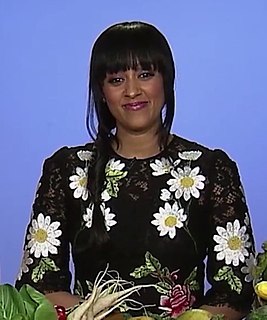A Quote by Lee Isaac Chung
As an exercise, I devoted an afternoon to writing my memories of childhood. I remembered our family's arrival at a single-wide trailer on an Ozark meadow and my mother's shock at learning that this would be our new home.
Related Quotes
All of us remember the home of our childhood. Interestingly, our thoughts do not dwell on whether the house was large or small, the neighborhood fashionable or downtrodden. Rather, we delight in the experiences we shared as a family. The home is the laboratory of our lives, and what we learn there largely determines what we do when we leave there.
We comfort ourselves by reliving memories of protection. Something closed must retain our memories, while leaving them their original value as images. Memories of the outside world will never have the same tonality as those of home and, by recalling these memories, we add to our store of dreams; we are never real historians, but always near poets, and our emotion is perhaps nothing but an expression of a poetry that was lost.
So much of our early gladness vanishes utterly from our memory: we can never recall the joy with which we laid our heads on our mother's bosom or rode on our father's back in childhood; doubtless that joy is wrought up into our nature, as the sunlight of long-past mornings is wrought up in the soft mellowness of the apricot; but it is gone forever from our imagination, and we can only believe in the joy of childhood.
The library was home away from home to my mom, and my family. We had spent every Sunday afternoon there since I was a little boy, wandering around the stacks, pulling out every book with a picture of a pirate ship, a knight, a soldier, or an astronaut. My mom used to say, "This is my church, Ethan. This is how we keep the Sabbath holy in our family.
Of course, thanks to the house, a great many of our memories are housed, and if the house is a bit elaborate, if it has a cellar and a garret, nooks and corridors, our memories have refuges that are all the more clearly delineated. All our lives we come back to them in our daydreams. A psychoanalyst should, therefore, turn his attention to this simple localization of our memories. I should like to give the name of topoanalysis to this auxiliary of pyschoanalysis. Topoanalysis, then would be the systematic psychological study of the sites of our intimate lives.





































